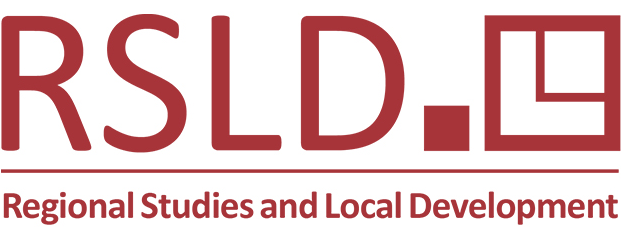Northern Italy (in the 1990) and Flanders (after 2010), the economic motors of their country, have experienced a pro-independence drive, sustained by an identity discourse affirming the excellence of their region. The territory of both regions, contrary to many other minorities in Europe, however, does not correspond with a particular historical entity. In this article, I compare how the respective discourses on economic excellence are embedded within a historical narrative. To legitimize its Padanian identity discourse, the Lega’s historical narrative essentializes the difference between the north and the rest of Italy. In Flanders, there is a tension between an economic success story in which history is marginalized and the historical heritage of the Flemish movement itself. These different uses of history reflect the respective evolution of national and subnational historical narratives and the specific political, ideological, and territorial logic of the actors involved.
The (im)pertinence of history. Nation-building and History: A Comparison Between Northern Italy and Flanders
Abstract
Keywords
Download
Huysseune M. (2023) "The (im)pertinence of history. Nation-building and History: A Comparison Between Northern Italy and Flanders
", Regional Studies and Local Development, 4(1), 31-56. DOI: 10.14658/pupj-RSLD-2023-1-2
Year of Publication
2023
Journal
Regional Studies and Local Development
Volume
4
Issue Number
1
Start Page
31
Last Page
56
Date Published
12/2023
ISSN Number
2784-8361
Serial Article Number
2
DOI
10.14658/pupj-RSLD-2023-1-2
Issue
Section
Articles

 © 2026 Padova University Press - Università degli Studi di Padova
© 2026 Padova University Press - Università degli Studi di Padova